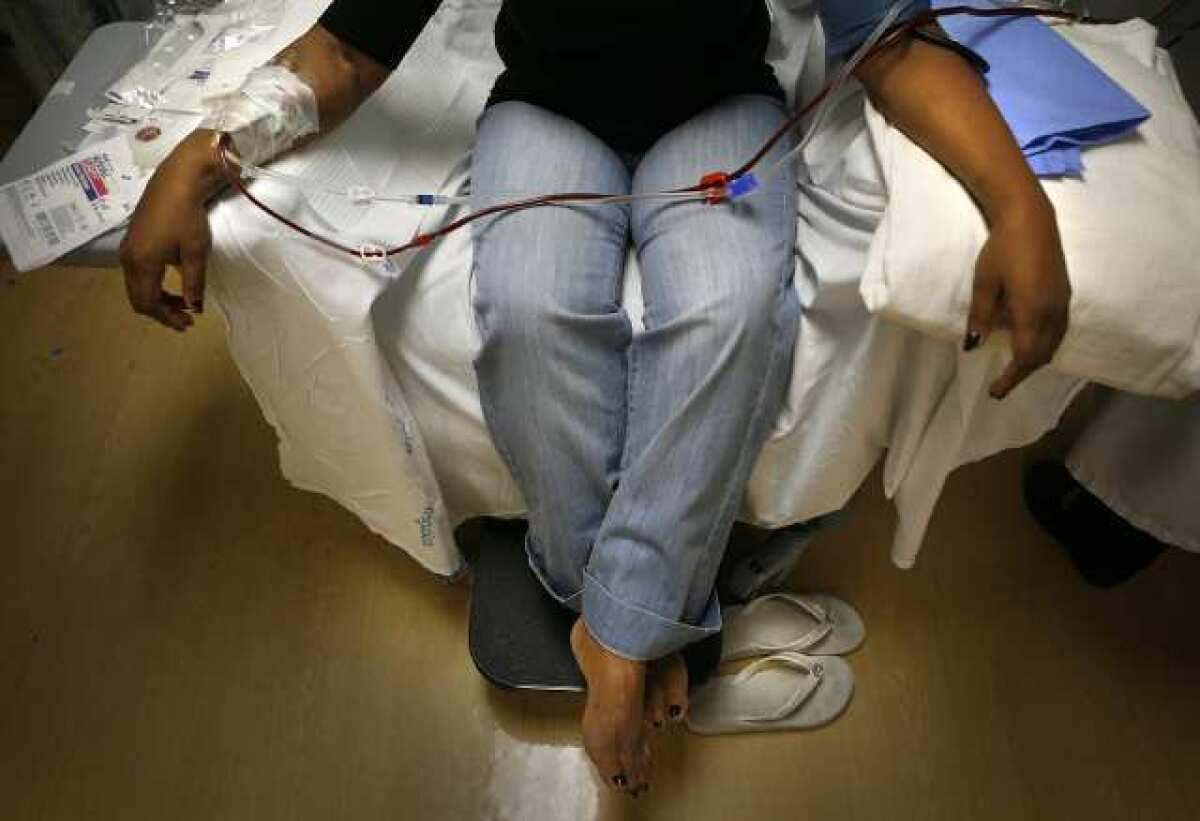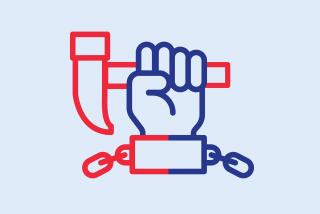Prop. 23: What you need to know about the dialysis measure

Proposition 23 would require dialysis clinics across California to employ at least one doctor who is on-site whenever patients are receiving treatment.
Here is a rundown of the ballot measure:
The measure
The dialysis industry and the healthcare union have been locked in a years-long fight, which resulted in SEIU-UHW pushing Proposition 8 in 2018. That failed measure would have required businesses with revenues exceeding 115% of specified costs related to patient care to provide rebates to insurers and pay a penalty to the state.
This year’s measure would require dialysis clinics to employ a doctor who is on-site when patients are receiving treatment, increase reporting requirements for dialysis infections, require clinics to obtain approval from the state’s public health department before closing or substantially reducing services, and bar clinics from refusing access to a patient based on their insurance.
Dialysis is a life-saving treatment for people suffering from kidney failure where machines remove a patient’s blood and filter it to remove waste and excess fluids before returning the blood to their body. There are roughly 600 dialysis clinics in California, with nearly three-quarters of the clinics owned or operated by two companies — DaVita Inc. and Fresenius Medical Care.
Pro arguments
Backers of Proposition 23, the Service Employees International Union-United Healthcare Workers West, say the dialysis industry favors profits over patient care by not having a doctor available in the event of complications or an emergency.
The union says its efforts to push for more oversight and higher quality care have been met with fierce — and heavily funded — campaigns aimed at protecting profits of the $3-billion industry in California.
Supporters say that dialysis centers provide critical life-saving treatment and that clinics should therefore be required, like hospitals, to receive approval from the state before reducing services or closing.
Anti arguments
Opponents say the measure is unnecessary and that the added cost would lead to dialysis clinics closing, which would put patients at even greater risk. This year, opponents have so far raised $105.2 million to fight Proposition 23, according to a Times analysis of campaign contributions. Of that amount, DaVita has contributed $66.8 million.
Opponents argue that there are already sufficient medical staff at clinics and that reporting requirements in the measure are superfluous since clinics are currently required to report dialysis-infection-related information to the U.S. Centers for Disease Control and Prevention.
Opponents argue SEIU-UHW has been weaponizing the ballot measure process to force the dialysis industry to spend heavily to defend itself when the union’s real interest is getting workers in clinics to unionize.
Reading list
California voters will again consider new dialysis center regulations with Prop. 23
Times columnist George Skelton assesses Prop. 23
More than $100 million spent on 2018 battle over dialysis industry profits in California
Hospitals and union make deal to avoid ballot measure fight
A look at California’s November ballot propositions
More to Read
Sign up for Essential California
The most important California stories and recommendations in your inbox every morning.
You may occasionally receive promotional content from the Los Angeles Times.











